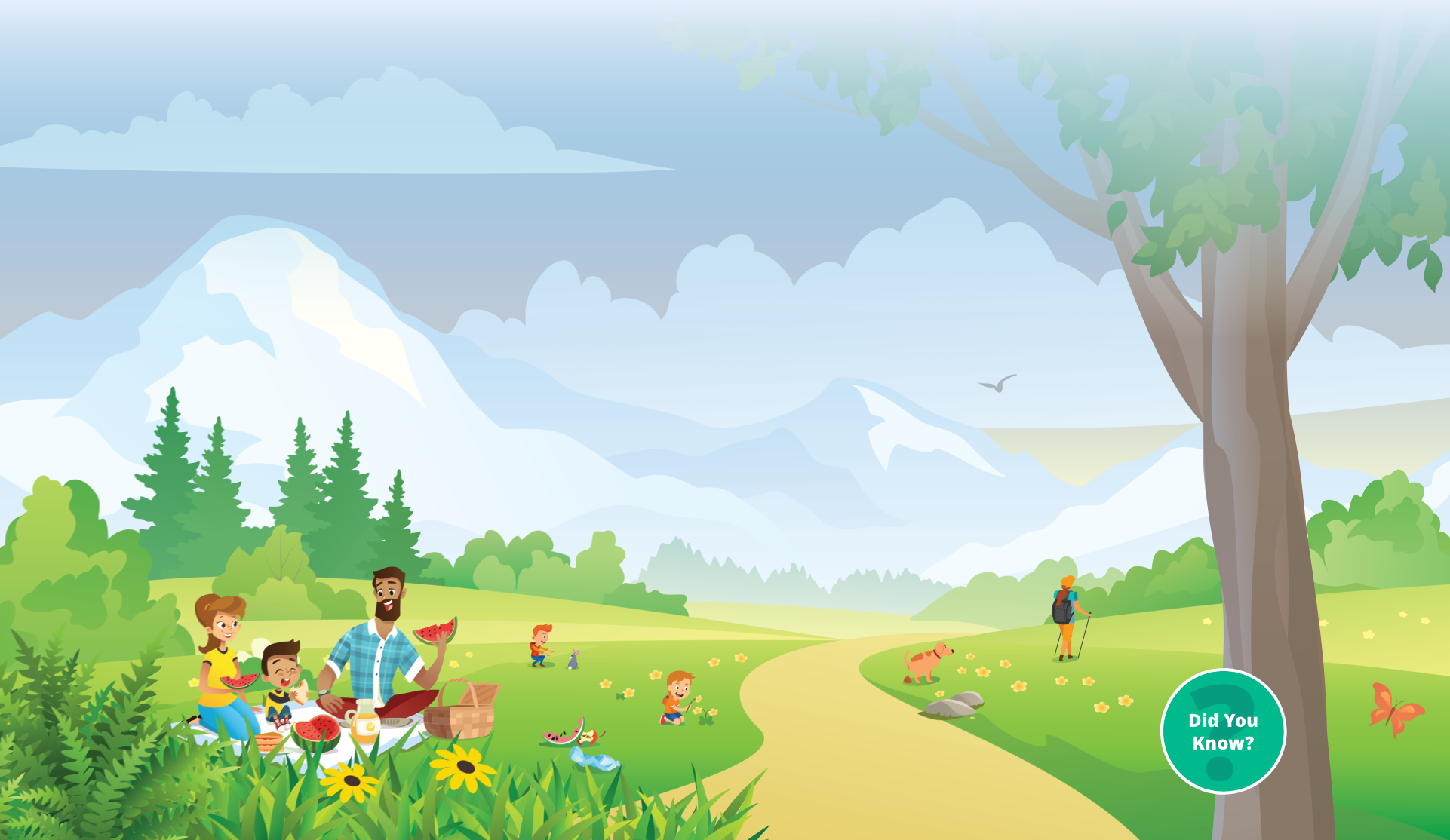About
The Watershed CPR Education Program is a self-guided, virtual learning experience all about the Fraser River, created by the Rivershed Society of BC.
In this virtual experience, users are introduced to the three pillars of Watershed CPR—Connect, Protect, and Restore—through a series of engaging activities and interactives about the Fraser Watershed. Users will learn about the flora and fauna that inhabit the Fraser; the First Nations who have lived in this area since time immemorial; some of the conservation issues affecting the watershed; and how to “perform Watershed CPR” and become a Watershed Defender.
To learn more about Watershed CPR and the Rivershed Society of BC, visit rivershed.com.
Thank you to our partners in development: Cicada Creative and Canadian Geographic, and immense gratitude to the Kwantlen First Nation for their time and contributions to the program. Consultation from Raincoast Conservation Foundation. Funding provided by the Pacific Salmon Foundation, and Environment and Climate Change Canada, via the Environmental Damages Fund.

Privacy Policy
At RSBC we know that protecting the privacy of your personal information is important to you. When you become a member, a customer, or a supporter of RSBC you trust us with personal information. We will do whatever we can to protect your information and maintain your trust.
To maintain your trust we will be guided by the following principles.
Accountability
RSBC is accountable and responsible for protecting your personal information and for responding to any of your concerns. To assure our accountability RSBC has designated responsibility for compliance with these principles to a Privacy Officer.
Purpose for collecting your personal information
When RSBC collects personal information from you we will tell you why we need this information.
The reasons that we collect your personal information are:
- To provide and administer services or products
- To provide you with information
- To understand your needs and interest in RSBC
- To maintain our relationship with you
- To help raise funds for RSBC
Consent for collecting, using and disclosing your personal information
RSBC will obtain your consent to collect, use, and disclose your personal information excluding exceptional circumstances (such as compliance with a police investigation).
Consent may be implied or express. For example, if you provide us with personal information to obtain a service we will assume you have given us consent to collect and use your information as required to administer and provide the service. And if you provide us with personal information with a donation we will assume that you have granted consent to administer the donation and send you further information about RSBC. Other times, however, such as applying for membership we will ask for your express consent by way of ticking a box on the membership application.
You may withdraw your consent at any time with reasonable notice and with the knowledge that withdrawal may prevent us from providing further products, services or information.
Limits on collecting your personal information
RSBC will only collect personal information that is reasonable to collect for the purposes above.
Limits on the use, disclosure and keeping of your personal information
RSBC will only use and keep your information for the purpose that it was collected.
RSBC will not disclose your personal information without your consent.
RSBC may use your personal information to periodically to gather information from you or request your support.
RSBC will retain your personal information only as long as necessary to fulfill our business purposes.
Accuracy
RSBC will make reasonable efforts to ensure that your personal information is accurate, complete, and current.
If you demonstrate the inaccuracy of your personal information we will amend it or if we cannot agree to change it (for example, records for charitable purposes) we will make a note that a correction was requested but not made.
Keeping personal information private
RSBC will take all reasonable measures to protect your personal information.
Staff that handle your personal information will know this code and how to keep your information secure. This includes precautions such as office alarms, locking file cabinets, passwords to electronic files.
RSBC will also use appropriate measures when disposing of personal information.
Openness
RSBC will make every effort to be open about how we protect your personal information. The RSBC Privacy Code and the name and contact information of the Privacy Officer will be made available to all members, customers and supporters on request. Information about it will be disseminated through our newsletter and verbally.
Your access to your personal information
Upon request, and with reasonable notice, RSBC will share with you all or your personal information that we maintain. If you wish to see your personal information write or call the Privacy Officer.
If the information is shown to be inaccurate we will correct the information.
Compliance
Enquiries and concerns regarding our Privacy Code or your personal information should be directed to the Privacy Officer, RSBC address.


![]()










